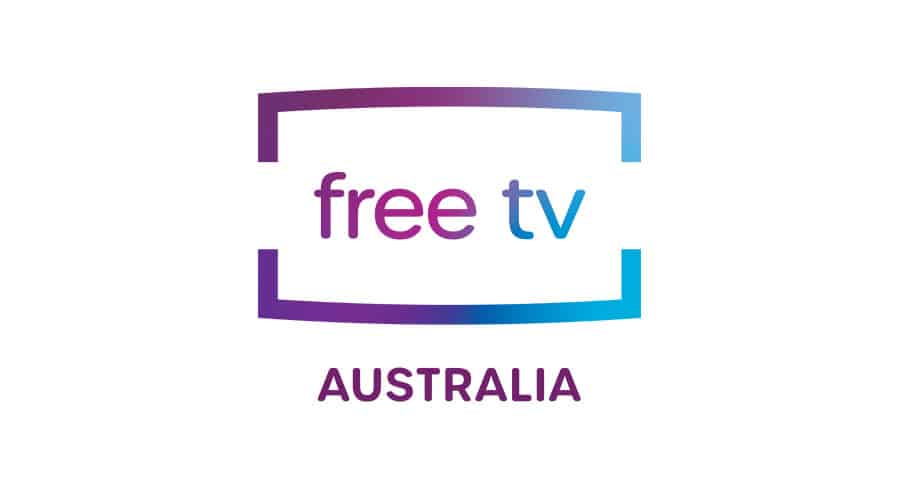Research by Free TV Australia and Seven West Media has found Australians want free TV services to be easily accessible.
This comes as subscription TV and free-to-air media companies go head to head over how their streaming service apps are displayed on smart televisions as the government prepares to take action on how Australians view content.
The industry body said that eight in ten Australians want to be able to easily find free TV services on connected TV sets and do not believe local free TV service providers should have to pay a TV manufacturer to secure a prominent position on the home screen.
Bridget Fair, Free TV CEO, said: “Australians know that they are not being given a fair go when it comes to the services they are offered on their connected TVs. They are worried that instead of being offered the local TV services they want to watch, they are being steered in the direction of services that favour the commercial interests of big tech and TV manufacturers.”
“It’s a matter of choice, and the choice should be made by the viewer. It’s not choice if your TV is set up to deliberately make it hard to find your local TV channels. Viewers should be able to easily find all the services they want and then decide.
“Claims by Foxtel that the Government is trying to control your viewing or limit search results are utterly misleading. This whole issue is about putting the viewer in full control, not being served up incomplete viewing choices based on who has paid the most money to be in the line-up,” she said.
New research from Free TV reveals widespread support for ensuring all Australians can access free TV services on connected TVs. The research comes as the Albanese government moves ahead with its plan to legislate a “prominence” law that makes sure local free-to-air TV services can easily be found on television devices.
The survey of 2,075 people conducted by Free TV and Seven West Media found 78% of people with connected TV sets believe it is important they can easily find free TV services. Only 8% said it was not important.
Other key findings from the research includes 84% of people wanting to receive a free service option before the paid option when they are looking for something to watch. It also noted that 81% of people did not agree with the idea that local free TV services should have to pay a TV manufacturer for visibility on the home screen.
The data also found that 81% said commercial interests should not dictate where TV services appear on a connected TV.
The research also highlighted that most people do not customise their connected TV home screen because they are not confident about being able to do it. It noted that most rely on TV manufacturers to do it for them at that 83% of people think a connected TV should come with free services already installed.
Fair said: “The research clearly shows overwhelming consumer support for prominence.
“Free-to-air TV is built on universal free access for all Australians to news, sport and other culturally important content. But to continue creating the moments that unite the nation, Australians have to be able to find it. And that is under serious threat. Our local free TV services are becoming increasingly hard to find on connected TVs, with deep-pocketed foreign giants buying the best real estate.
“Our local free TV services are delivered to all Australians for free. Free TV networks invest billions in fresh and unique content each year and they need to reach millions of Australians each day to generate the advertising revenue that keeps those services free.
But TV manufacturers want to charge local TV providers up to 30% of revenue just to be present on the TV screen. That money would come directly out of Australian content,” she said.
“To protect Australian stories and the services that make them and to continue experiencing moments like the Matildas’ stunning FIFA Women’s World Cup campaign, we need to protect Australians’ ability to find them. It’s what the people want.”
